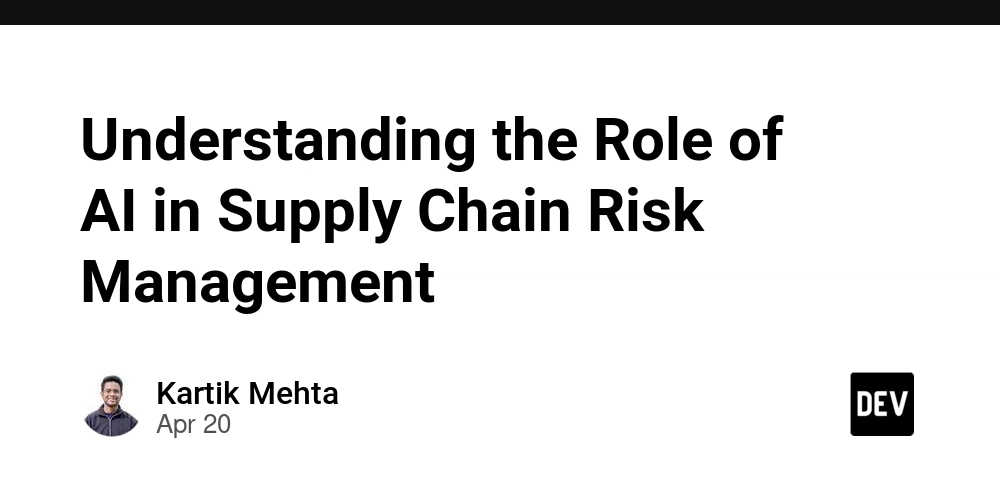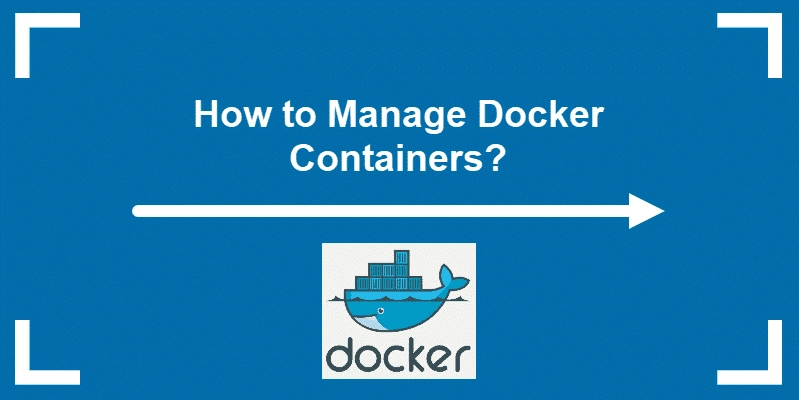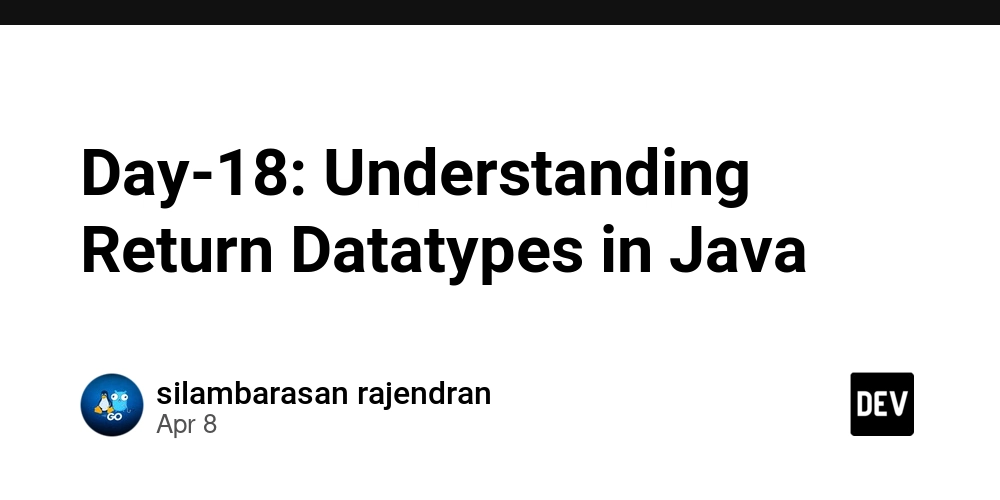Understanding the Role of AI in Supply Chain Risk Management
Introduction: The implementation of artificial intelligence (AI) has been rapidly gaining momentum in various industries, and the supply chain sector is no exception. With the increasing complexity and global reach of supply chains, businesses are incorporating AI into their risk management strategies to ensure a smooth and efficient supply chain operation. In this article, we will explore the role of AI in supply chain risk management and its advantages, disadvantages, and features. Advantages: AI-powered risk management helps in identifying potential risks and proactively takes preventive measures to mitigate them. It can analyze vast amounts of data from various sources and provide accurate insights and predictions, enabling businesses to make well-informed decisions. Additionally, AI can help detect patterns and anomalies in supply chain processes, allowing companies to spot potential disruptions and take necessary actions beforehand. Disadvantages: Despite its advantages, the implementation of AI in supply chain risk management comes with certain challenges. The initial investment and training costs can be high for businesses, and there may also be a lack of trust in the accuracy and reliability of AI predictions. Moreover, AI may not be able to consider external factors, such as political or environmental risks, which can directly impact the supply chain. Features: AI has several features that make it an effective tool for supply chain risk management. It can automate routine tasks, freeing up time for employees to focus on more critical issues. AI can also provide real-time monitoring and alerts, allowing swift actions to be taken in case of any disruptions. Furthermore, AI algorithms can continuously learn and improve from data, making risk management more efficient over time. Conclusion: In conclusion, AI can play a crucial role in supply chain risk management, providing businesses with proactive and data-driven insights. However, it is essential to address the challenges and limitations of AI to harness its full potential effectively. With the right implementation and usage, AI can greatly enhance supply chain risk management and contribute to the overall success of businesses.

Introduction: The implementation of artificial intelligence (AI) has been rapidly gaining momentum in various industries, and the supply chain sector is no exception. With the increasing complexity and global reach of supply chains, businesses are incorporating AI into their risk management strategies to ensure a smooth and efficient supply chain operation. In this article, we will explore the role of AI in supply chain risk management and its advantages, disadvantages, and features.
Advantages: AI-powered risk management helps in identifying potential risks and proactively takes preventive measures to mitigate them. It can analyze vast amounts of data from various sources and provide accurate insights and predictions, enabling businesses to make well-informed decisions. Additionally, AI can help detect patterns and anomalies in supply chain processes, allowing companies to spot potential disruptions and take necessary actions beforehand.
Disadvantages: Despite its advantages, the implementation of AI in supply chain risk management comes with certain challenges. The initial investment and training costs can be high for businesses, and there may also be a lack of trust in the accuracy and reliability of AI predictions. Moreover, AI may not be able to consider external factors, such as political or environmental risks, which can directly impact the supply chain.
Features: AI has several features that make it an effective tool for supply chain risk management. It can automate routine tasks, freeing up time for employees to focus on more critical issues. AI can also provide real-time monitoring and alerts, allowing swift actions to be taken in case of any disruptions. Furthermore, AI algorithms can continuously learn and improve from data, making risk management more efficient over time.
Conclusion: In conclusion, AI can play a crucial role in supply chain risk management, providing businesses with proactive and data-driven insights. However, it is essential to address the challenges and limitations of AI to harness its full potential effectively. With the right implementation and usage, AI can greatly enhance supply chain risk management and contribute to the overall success of businesses.










































































































































































![[The AI Show Episode 144]: ChatGPT’s New Memory, Shopify CEO’s Leaked “AI First” Memo, Google Cloud Next Releases, o3 and o4-mini Coming Soon & Llama 4’s Rocky Launch](https://www.marketingaiinstitute.com/hubfs/ep%20144%20cover.png)




























































































































![[DEALS] The All-in-One Microsoft Office Pro 2019 for Windows: Lifetime License + Windows 11 Pro Bundle (89% off) & Other Deals Up To 98% Off](https://www.javacodegeeks.com/wp-content/uploads/2012/12/jcg-logo.jpg)



























![Is this too much for a modular monolith system? [closed]](https://i.sstatic.net/pYL1nsfg.png)






















































































































_Andreas_Prott_Alamy.jpg?width=1280&auto=webp&quality=80&disable=upscale#)




























































































![What features do you get with Gemini Advanced? [April 2025]](https://i0.wp.com/9to5google.com/wp-content/uploads/sites/4/2024/02/gemini-advanced-cover.jpg?resize=1200%2C628&quality=82&strip=all&ssl=1)












![Apple Shares Official Trailer for 'Long Way Home' Starring Ewan McGregor and Charley Boorman [Video]](https://www.iclarified.com/images/news/97069/97069/97069-640.jpg)
![Apple Watch Series 10 Back On Sale for $299! [Lowest Price Ever]](https://www.iclarified.com/images/news/96657/96657/96657-640.jpg)
![EU Postpones Apple App Store Fines Amid Tariff Negotiations [Report]](https://www.iclarified.com/images/news/97068/97068/97068-640.jpg)
![Apple Slips to Fifth in China's Smartphone Market with 9% Decline [Report]](https://www.iclarified.com/images/news/97065/97065/97065-640.jpg)



































































































































